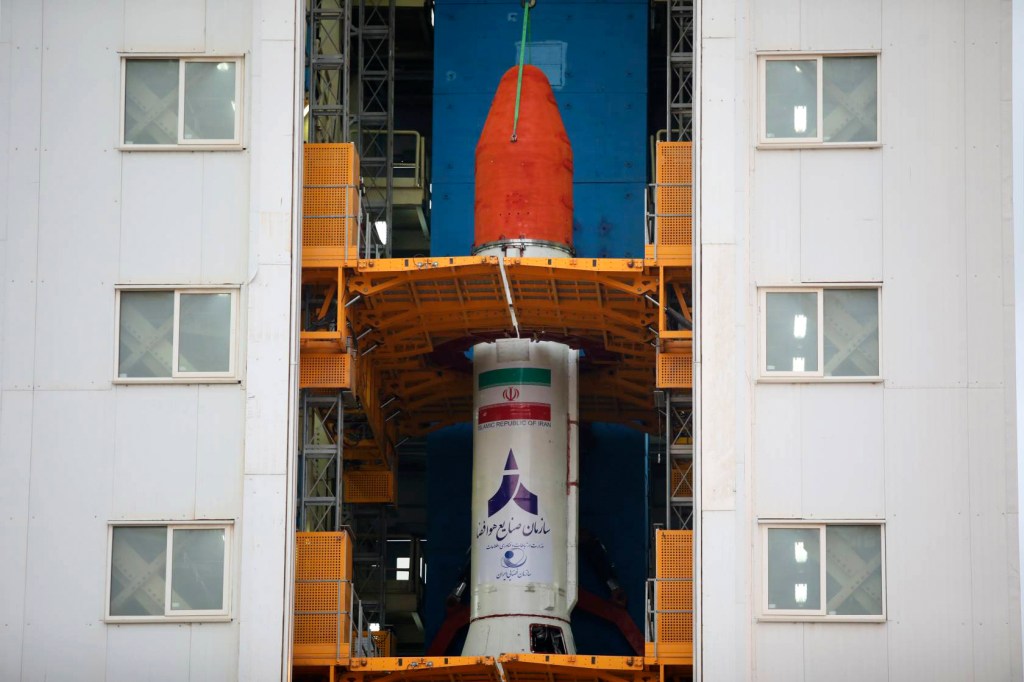Iran launches 3 satellites into space that are part of a Western-criticized program as tensions rise
Iran said Sunday it successfully launched three satellites into space, the latest for a program that the West says improves Tehran’s ballistic missiles.
The state-run IRNA news agency said the launch also saw the successful use of Iran’s Simorgh rocket, which has had multiple failures in the past.
The launch comes as heightened tensions grip the wider Middle East over Israel’s continued war on Hamas in the Gaza Strip.
While Iran has not intervened militarily in the conflict, it has faced increased pressure within its theocracy for action after a deadly Islamic State suicide bombing earlier this month and as proxy groups like Yemen’s Houthi rebels conduct attacks linked to the war.
Footage released by Iranian state television showed a nighttime launch for the Simorgh rocket.
An Associated Press analysis of the footage’s details showed that it took place at the Imam Khomeini Spaceport in Iran’s rural Semnan province.
State TV named the launched satellites Mahda, Kayhan-2 and Hatef-1.
It described the Mahda as a research satellite, while the Kayhan and the Hatef were nanosatellites focused on global positioning and communication respectively.
There have been five failed launches in a row for the Simorgh program, another satellite-carrying rocket.
The Simorgh, or “Phoenix,” rocket failures have been part of a series of setbacks in recent years for Iran’s civilian space program, including fatal fires and a launchpad rocket explosion that drew the attention of former US President Donald Trump.

The United States has previously said Iran’s satellite launches defy a UN Security Council resolution and called on Tehran to undertake no activity involving ballistic missiles capable of delivering nuclear weapons.
UN sanctions related to Iran’s ballistic missile program expired last October.
The US intelligence community’s 2023 worldwide threat assessment said the development of satellite launch vehicles “shortens the timeline” for Iran to develop an intercontinental ballistic missile because it uses similar technology.
The US military and the State Department did not immediately respond to requests for comment.
However, the US military has quietly acknowledged a successful Iranian satellite launch from Jan. 20 conducted by the country’s paramilitary Revolutionary Guard.
Read the full article Here


